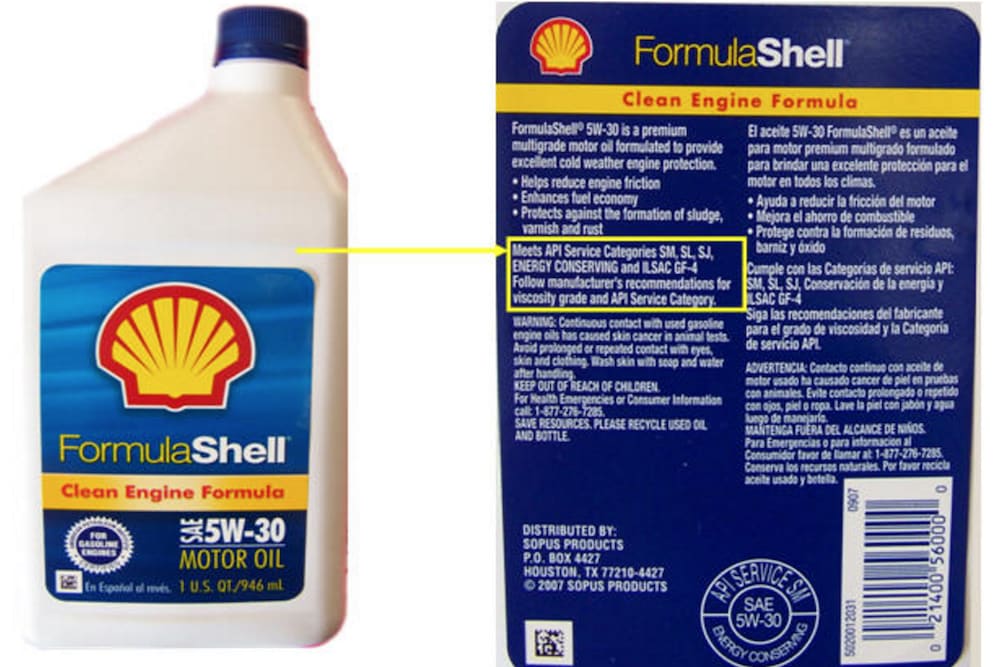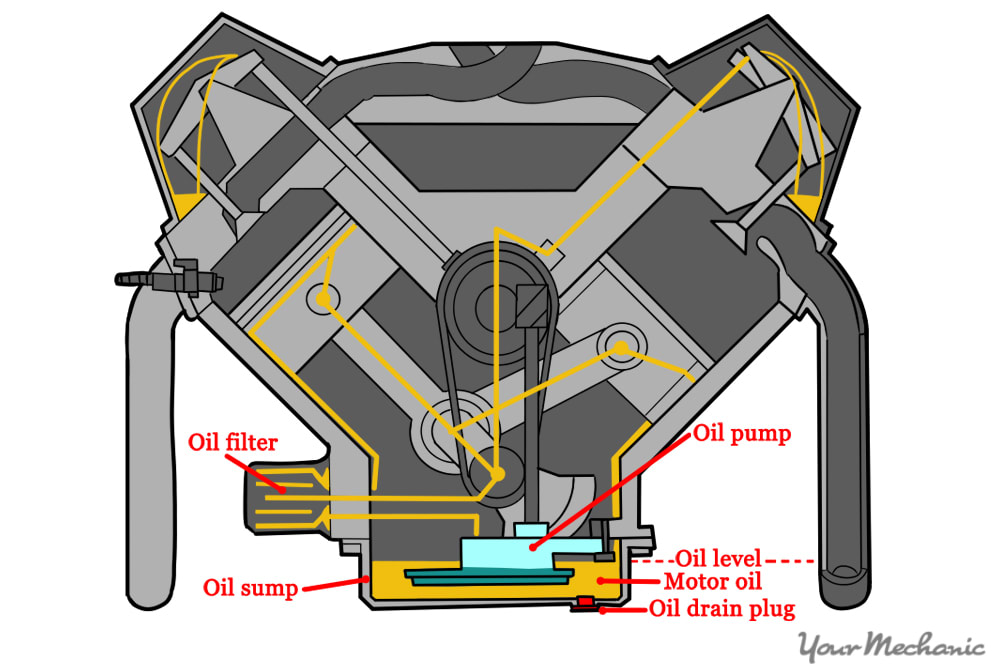

Choosing to switch your vehicle from conventional oil to synthetic oil can be one of the best and easiest choices you can make toward keeping your vehicle in top shape. While the steps to make the switch are quite simple, surprisingly the question of how to make the switch is common among drivers.
There are many benefits to making the switch to synthetic oil including longer time between oil changes, saving you time and money, to better engine lubrication and overall quality engine life. Understanding how and why synthetic oil is better can give you more assurance that making the switch is the right choice for your vehicle.
Tip: Some vehicles require synthetic oil only. Check your owner's manual to see if your vehicle does.
Tip: There is a myth that switching between conventional and synthetic oil is not safe for your vehicle and can wear down seals. This is not true for newer vehicles and seals today and you can switch between both safely.
Part 1 of 2: What is conventional oil and how it works
All engines require motor oil to run. You can consider the oil inside your engine the same as the blood running through your veins. It travels throughout and lubricates everything in the engine of your car, keeping all of the parts sliding past each other while never quite touching.
The additives in both conventional and synthetic oils also help with keeping rust and corrosion out of your engine. This is why having clean, quality oil in your engine is very important to the long term health of your car.
Step 1: Understand the facts about conventional oil. It is extracted from dinosaurs or deposits in the earth and is also known as crude oil.
It is easier to process and make into conventional oil; therefore, it is cheaper in price. It also breaks down more quickly due to being inefficient with heat interaction, leading to oil changes every 3,000 to 5,000 miles.
It does not flow well at cold temperatures, taking much longer to heat up to appropriate temperature and reach the important engine components for lubrication. It can cause engines to be more prone to sludge build up over time.
Part 2 of 2: What is synthetic oil and why it is better
Step 1: Understand the facts about synthetic oil. Synthetic oil was created and refined over the years in various laboratory environments.
It has become a far better quality oil than conventional oil and is more refined and broken down than conventional oil, so there are fewer impurities, allowing for a cleaner oil to flow. It also does not vaporize as quickly from the vehicle’s exhaust as conventional oil.
It takes longer to break down inside the engine, allowing for longer times between oil changes, usually anywhere from 5,000 to 10,000. This saves you time and money.
This oil will reduce engine wear during cold start up due to being better flowing. It is much better than conventional oil at resisting temperature changes. It can often help with sludge removal in some vehicles, which is very beneficial to the engine.
Synthetic’s biggest con is its cost. It can cost up to four times as much as conventional oil. This of course leads to more expensive oil changes and more out of pocket at one time. However, switching is better for the pocket book over time due to fewer oil changes and better for the environment, too.
For older cars that are unable to see the benefits of using synthetic oil, another option exists known as high mileage oil. High mileage oil is best for older cars over 75,000 miles that need a better option than conventional oil.
Tip: It is important to buy a quality brand synthetic oil, as cheaper brands can often be worse for your car than conventional oil.
Tip: If the cost is an issue, you can choose to use synthetic oil in colder months when extra lubrication is most needed and conventional oil in warmer months when cold starts are less common.

Step 2: Choose the appropriate oil for your car. Be sure to purchase the appropriate synthetic oil before making the switch, especially one with a current API label.
The American Petroleum Institute (API) labels according to how they meet current oil standards in vehicles.
Oil changes are vital for the health and longevity of your car, and switching to synthetic oil is just another way to prolong your engine and get better mileage out of your oil changes. Castrol is one brand that offers a variety of oil products designed for optimal engine life. Be sure to have one of YourMechanic’s mobile mechanics come to your home of work to perform an oil change.




